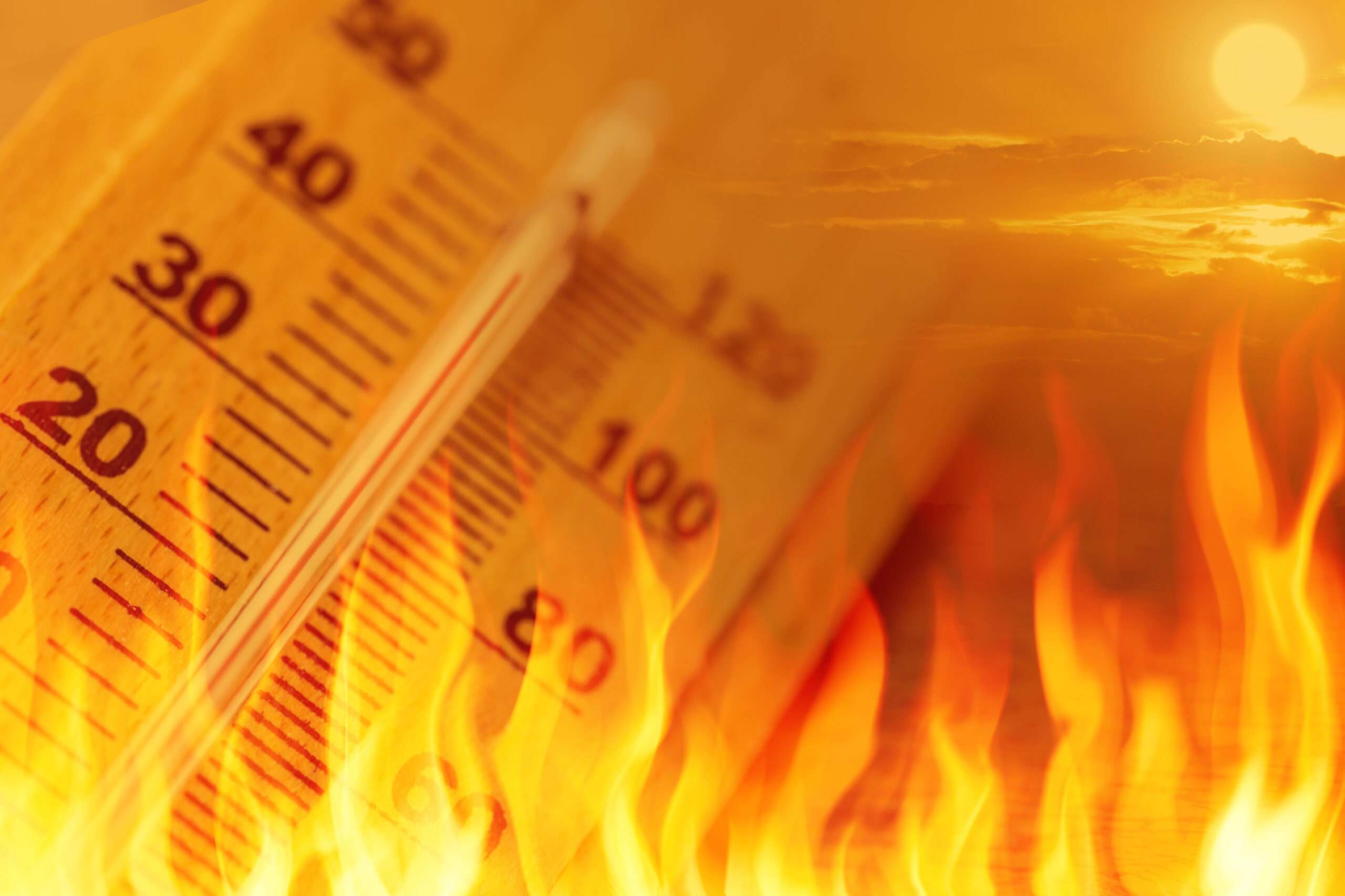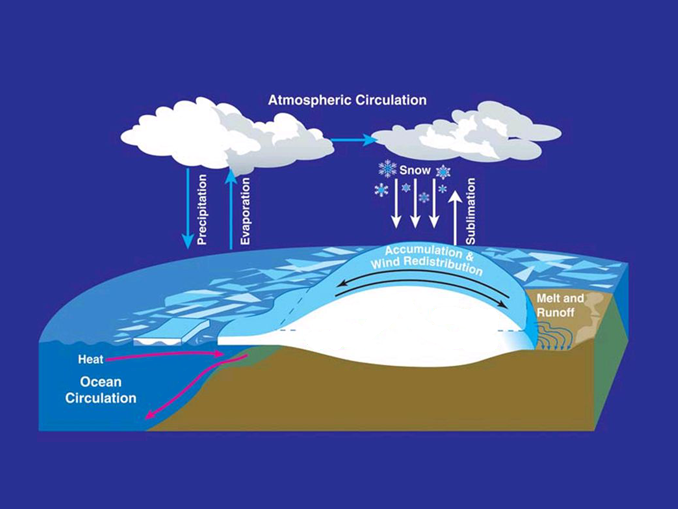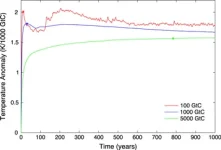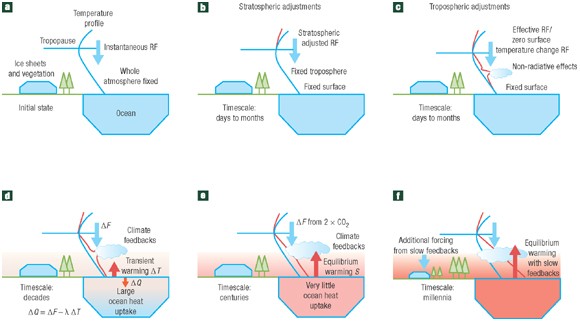- Joined
- Jan 25, 2012
- Messages
- 49,498
- Reaction score
- 15,381
- Location
- Texas
- Gender
- Male
- Political Leaning
- Conservative
They teach a gradate level class is how to apply for grants, and the first step is to read the publications of the reviewers,But no one gives grants based on a pre-approved finding before the research is done.
Oil companies fund a great deal of research in the earth sciences. Exxon was, prior to the middle 1980's, a leader in actual peer reviewed climate change studies (they thought climate change was real). They were angling to become an energy provider outside of just petroleum. Only after they got a new CEO and oil prices started to drop causing a contraction of the business, did they drop that approach and focus solely on petroleum.
People do retire, especially when they are old.
That does not explain the global nature of the control you are suggesting exists. It would have to be global in extent and affect a bunch of independent researchers across time and space.
If the only critique of AGW science is some imaginary global conspiracy theory it would seem that AGW must be pretty strong science.
to get a feel what they are looking for in the proposal.
There are no RFP's out there to validate if what the models are modeling is valid.
I agree that much of Earth science funding came from oil companies, but that is now being used
to claim researchers with low findings of climate sensitivity are somehow corrupted by oil company money.
Human cause climate change is real, but the data shows the climate is not very sensitive to added CO2,
and may have even gone from a log curve to a super-logarithm function.
Full Professors have little need to retire, but people do, Curry went into a different business,
and gives companies actual risks assessments of the future climate based on empirical data and her findings.
Actually people in academia looking to continue to receive funding, exactly describes people acting
in their own interest, i.e. no global conspiracy.
The real critique of the AGW science, is that the prediction do not match the observed data.
Consider that it really comes back to ratios, the ratio between energy imbalance, and surface warming.
NASA Taking the Measure of the Greenhouse Effect
Earth is 33°C warmer because of a 150 W m-2 energy imbalance, this is a ratio of 0.22 °C/W m-2.
The IPCC and the American Chemical use a forcing calculation of 0.3°C/W m-2.
Yet for CO2, with a 2XCO2 forcing level of 3.71 W m-2, we are expected to believe that it will result in 3°C
of warming a ratio 0.808 °C/W m-2.
Why would the new energy imbalance suddenly increase the ratio, that has been well established for over a century.





